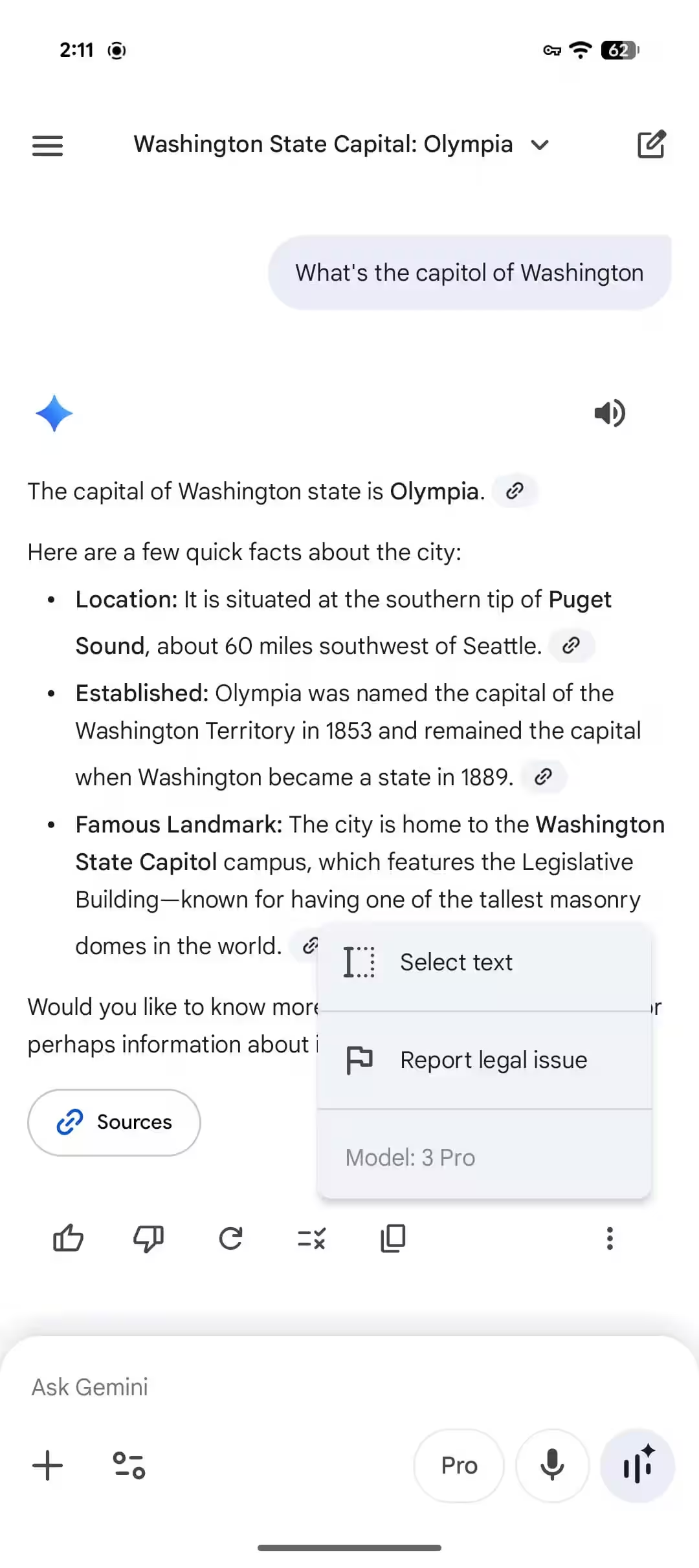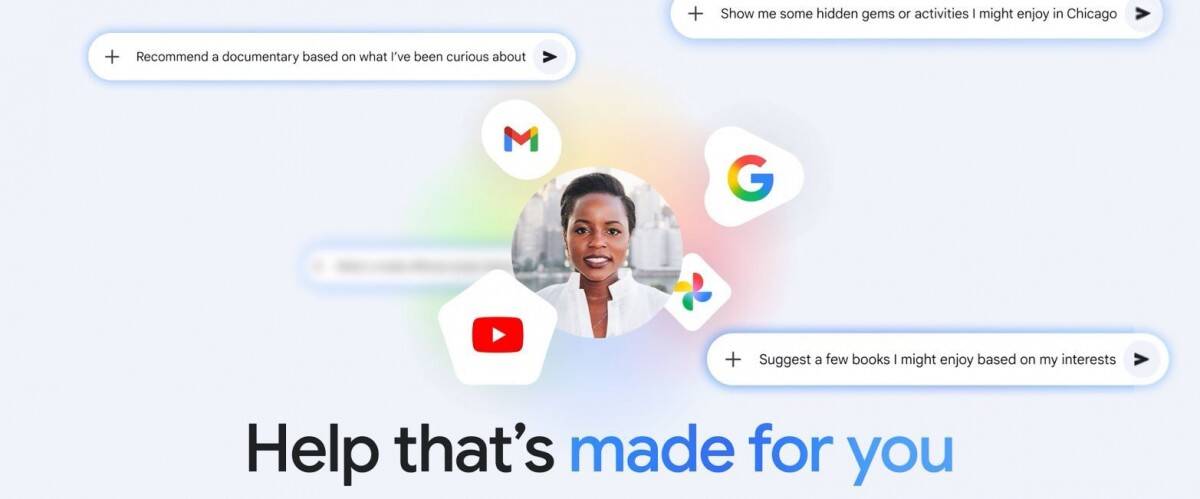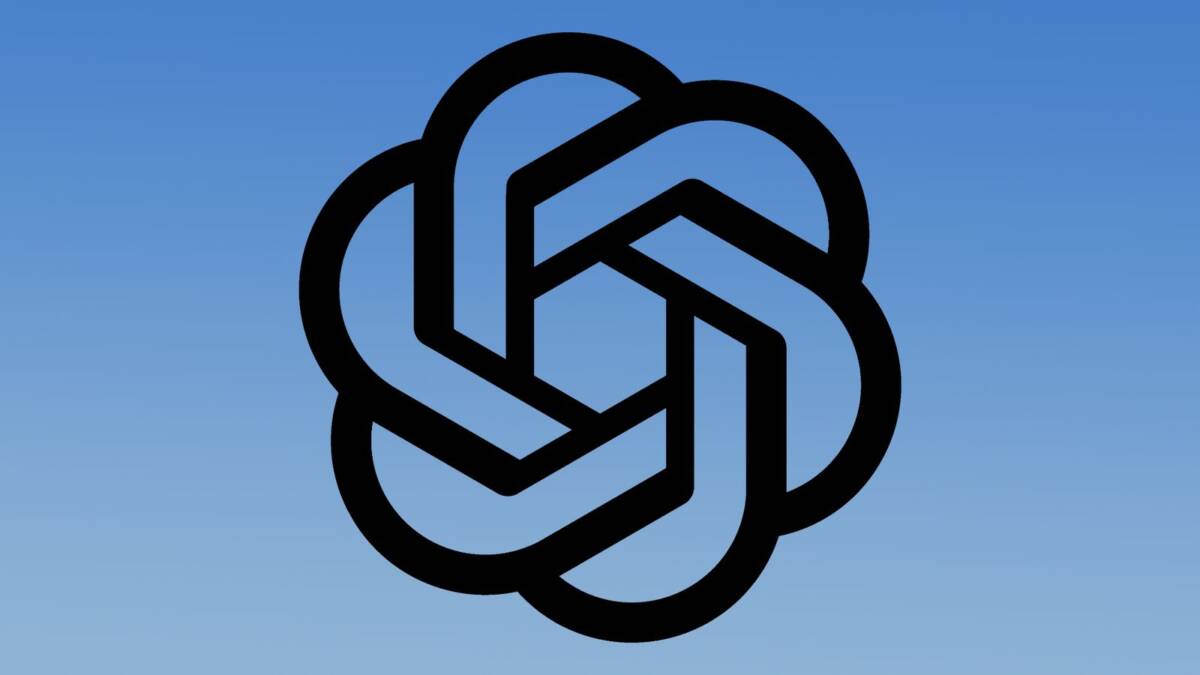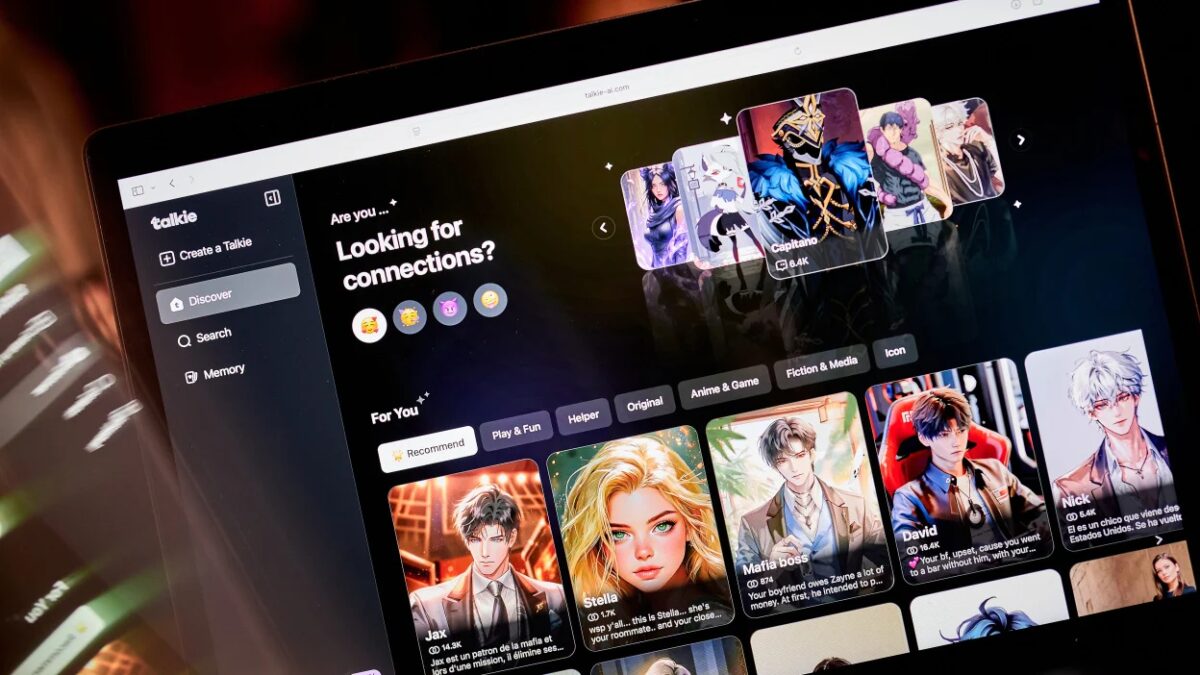Duolingo doubles the number of AI-powered language courses
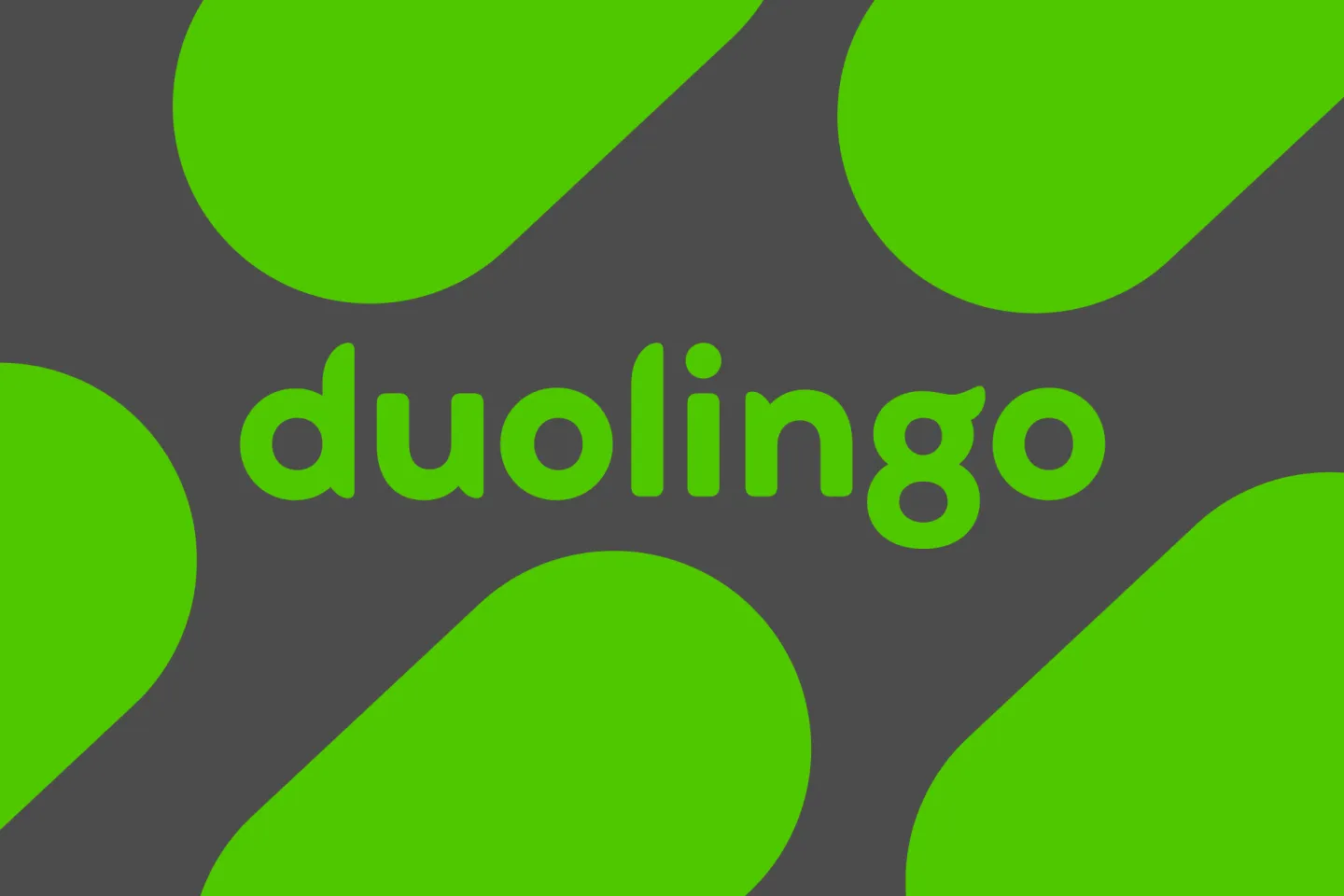
The Duolingo platform has announced the biggest expansion in its history: by implementing generative AI, the company has launched 148 new language courses at once – more than in all previous years of the service’s existence.
Courses in months instead of years
It used to take the Duolingo team years to create a single language course. Now, thanks to generative AI and internal tools, the platform has been able to more than double its offering – all in less than 12 months. According to the company, the acceleration was made possible thanks to its shared content system, which allows a basic course to be created and quickly adapted to dozens of interface languages.
As a result, the seven most popular languages on the platform-Spanish, French, German, Italian, Japanese, Korean, and Chinese-are now available for all 28 UI languages. This expansion opens up access to learning to more than a billion potential users worldwide.
Transition to AI-first strategy
The announcement was a logical follow-up to a recent internal memo from Duolingo co-founder and CEO Luis von Ana, in which he announced the company’s move to an AI-first strategy. This means that the use of AI will be factored into hiring, employee evaluation systems, and increased staffing will only be possible where automation is ineffective.
The company emphasizes that AI doesn’t replace experts, but helps them focus on key aspects: “We use AI to create and validate content, and our learning experts ensure quality and compliance with educational standards,” says Jesse Becker, senior director of curriculum development at Duolingo.
The company emphasizes that AI is not replacing content, but helping them focus on key aspects.
Content Quality and the Role of the Human
Despite extensive automation, Duolingo assures that quality control remains a priority. All new courses meet CEFR (Common European Framework of Reference for Languages) standards, and the AI models undergo constant testing and improvement.
Company spokesperson Sam Dalsimer notes: “One of the best initiatives in recent times has been replacing the slow manual process of course creation with an AI-based system. This has been a game changer for the company.”
What’s up with the team and contractors?”
The move to AI has raised concerns among employees and outside contractors. The company acknowledges there have been “negative reactions” to internal policies, but assures that no layoffs among full-time employees are planned, and changes with contractors will be considered on a case-by-case basis.
The company said that it is not planning any layoffs among full-time employees, and that changes with contractors will be handled on a case-by-case basis.
Duolingo emphasizes that implementing AI is not just an optimization, but a strategic step toward achieving the goal the company started with: to “teach as effectively as a real teacher.”
The story Duolingo doubles language courses with AI was first published on ITZine.ru.

